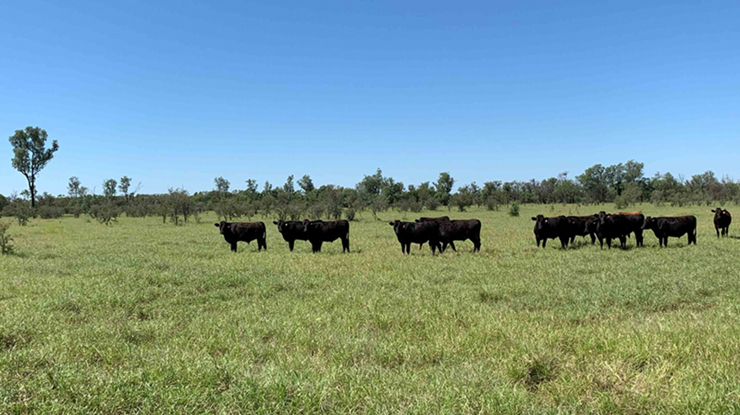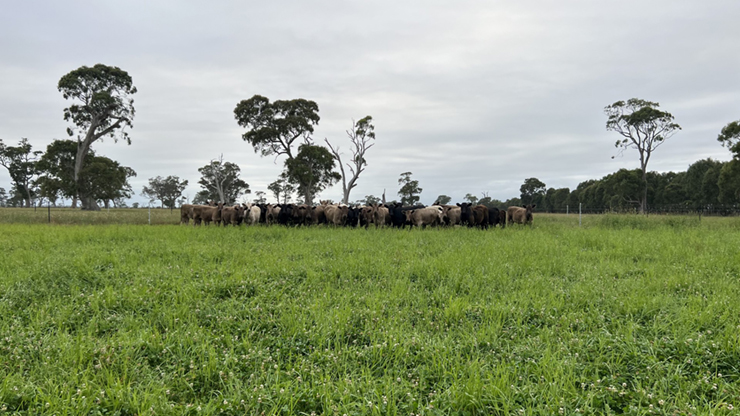Now that winter is upon us, it’s important to ensure our pets are keeping warm, happy, and healthy.
Despite their fur coats, animals are not immune to the cold. If you feel a noticeable chill in the air, chances are your four-legged companion will too.
RSPCA NSW Veterinary Operations Manager, Dr Caroline Edgehill, emphasises the importance of the three W’s – Warm, Waterproof, and Windproof – for any animal sleeping outside. Whether you’re looking after farm animals or outdoor pocket pets, remember to follow these guiding principles when keeping your animals safe.
“Ensure that your animals’ bedding is covered, dry and, elevated from the ground, to protect them from any drafts, high-speed winds and dampness,” says Dr Edgehill.
Winter weather can exacerbate certain medical conditions, particularly osteoarthritis, a degenerative joint disease. For affected pets, cold and damp conditions can make symptoms worse.
“If signs of stiffness or discomfort are shown by your pet, please consult your vet for advice on managing their condition during colder weather so that you can develop strategies to help alleviate their pain.”
“Where possible, bring your pets inside but please abide by the golden rule of keeping all bedding at least one metre away from the heater or fireplace to avoid any potential risk of injury or fire breaking out.”
During winter, it may be tempting to turn into a couch potato, but giving your animals regular exercise remains important all year round. If conditions outside are too cold or wet, an indoor game of hide-and-seek with treats or some trick training could be utilised to keep them engaged.
Keeping our pets safe and warm is an essential part of pet ownership
Additionally, your pets can just as easily become dehydrated in winter as they can in summer. Be sure they have easy access to fresh drinking water and remember that snow is not an adequate water source alternative.
Regarding food intake, Dr Edgehill explains that during winter, it is normal to see an increase in your pet’s appetite, as animals require more energy to maintain their core body temperature during the colder weather.
“Be mindful to watch your pet’s weight though, as too much food can lead to obesity problems,” she adds.
The use of rodenticide increases during winter as people notice rodents sneaking into their homes seeking warmth. It is vital to be cautious when using any pest control substances as there might be unintended consequences for our pets.








